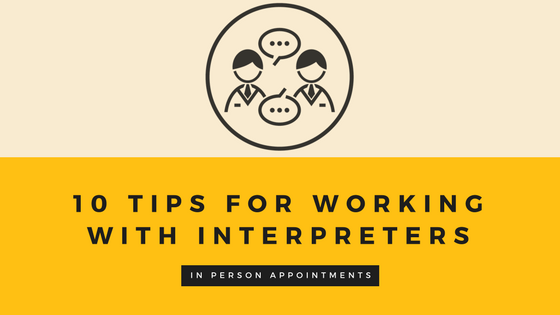
Whether you’re a seasoned pro when it comes to working with foreign language interpreters, or if it’s something you’re not familiar with, these 10 tips will help you before, during and after an on-site interpretation appointment.
Before the Appointment
- Request an interpreter who is the same gender and age, with a similar background to the person who is not English proficient. Depending on the circumstances of a medical appointment or legal matter, the person may feel more comfortable communicating with someone who has a similar background to them. Also, be sure to know if a consecutive or simultaneous interpreter is needed.
- Allow enough time for the interpretation to take place. Note that the time will be close to double the time of a regular appointment or consultation. This is because, during consecutive interpretation, the limited English proficient (LEP) person speaks, followed by the interpreter.
- Speak with your interpreter before the appointment begins about any questions you may have. Discuss any protocols that may arise during the appointment. It’s also a good idea for the interpreter to explain to the non-English speaker his/her role during the appointment and to answer any questions that person may have before it begins.
- Be culturally aware of the differences between the languages of all speakers. Before the interpretation process begins, ask the interpreter about common religious, cultural and social class issues that may arise during the session. Many times, people from tight-knit communities may not feel comfortable speaking about issues when someone from a different social class is present. To be sure valuable information is not held back during the conversation, discuss this with the interpreter before the session begins.
During the Appointment
- Speak at a regular pace and tone for the interpreter to accurately convey what is said. Remember to speak in your normal speaking voice and avoid changing your thoughts or the meaning of what you’re saying mid-sentence.
- Avoid industry jargon and technical terms during an appointment where an interpreter is present. Dialogue of this nature may at times be difficult for the interpreter to interpret, although the concept may be understood.
- Speak directly to the person with limited English proficiency or who is Deaf. The interpreter in the room is a medium to communicate what is said between parties. Position the interpreter between yourself and the LEP patient or client the interpreter is interpreting for. Remember that what the interpreter is saying is not his/her own words.
- Do not ask the interpreter any questions or comments directed towards the interpreter. Sign language and foreign language interpreters are trained to not answer these questions during the session. Doing so can confuse the person they are interpreting for.
- Remember that everything you say during the appointment will be interpreted. Don’t say or ask anything that you do not what the limited English proficient person to hear.
- Be conscious of body language. During the appointment, be aware of the body language you and your client or patient are using during in-person appointments. Face each other and make eye contact throughout the conversation.
After the Appointment
When the appointment is over, the interpreter typically is not involved in follow-up procedures and does not provide reporting of any kind. If you feel the appointment went well, it’s always recommended to thank the interpreter before they leave. If you particularly enjoyed the experience with a specific interpreter, it’s O.K. to request the same person again. This helps to build a relationship and trust between the interpreter and non-English speaker (s) and/or Deaf and Hard-of-Hearing individuals. However, keep in mind that requests cannot always be guaranteed. This is because language service providers schedule interpreters based on their availability, location and/or industry specialization.
Share this Post
UP NEXT
Do’s and Dont’s: Working with ASL Interpreters
Contact Us
Making Connections Nationwide. For more information about scheduling an on-site business interpreter, please visit ww.interpreters.com or call 800-726-9891.




